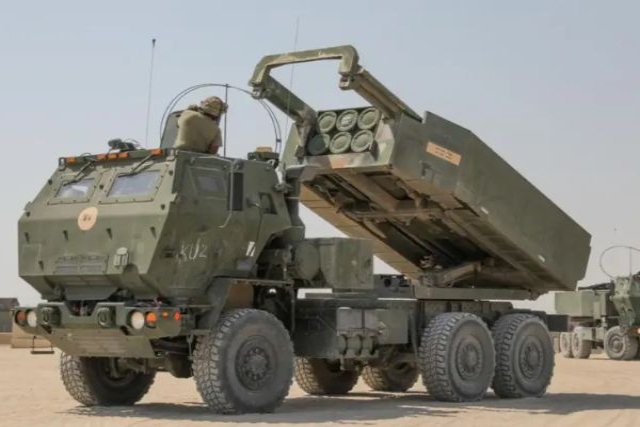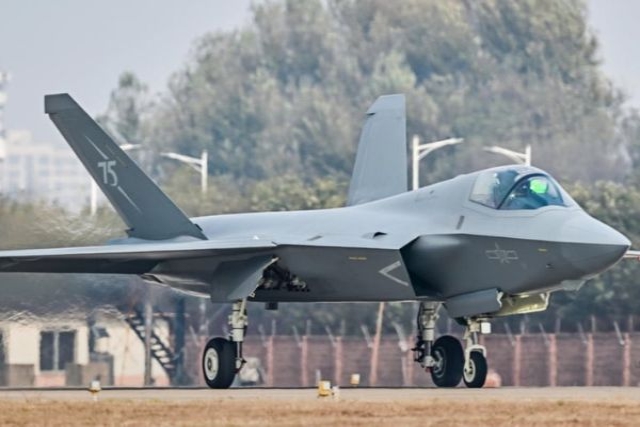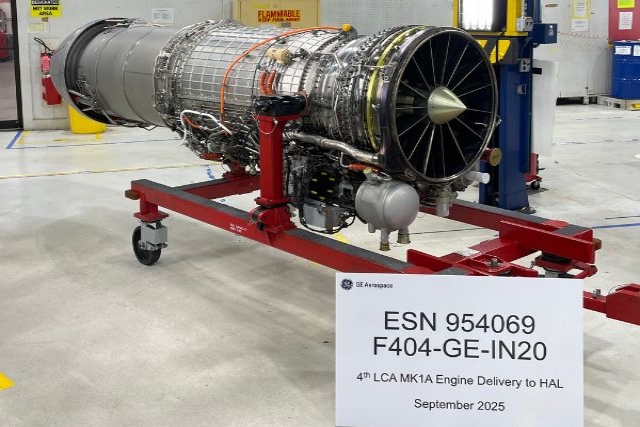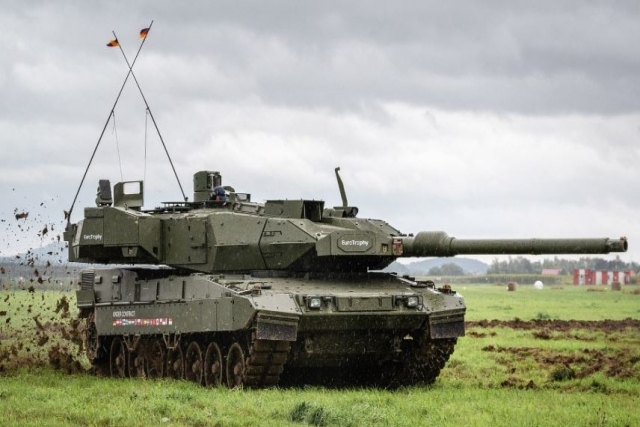BACA Calls For Better Regulations On Drones
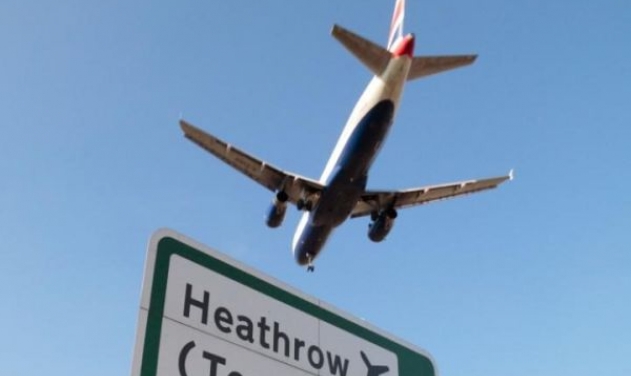
The Baltic Air Charter Association (BACA) has called for an immediate action on usage of unmanned aircraft after the incident yesterday involving a British Airways plane which collided with a drone on its final approach into Heathrow airport.
“The fact that a passenger jet and drone collided brings into sharp focus the need for immediate legislation regarding these devices”, a statement by the association said today.
Britain's Air Accidents Investigation Branch on Monday launched an investigation into an incident involving an unmanned air vehicle and a passenger aircraft at Heathrow.
Chairman of the Baltic Air Charter Association, Richard Mumford said: "This incident clearly demonstrates the urgent need for better legislation to control the use of drones. While we fully understand the importance of supporting innovation in the market for UAVs, safety and security issues must be paramount. The effects of ingestion of a UAV into a commercial aircraft engine, striking a propeller blade or helicopter rotor blade are untested, but are likely to cause the engine to shut down, drastically increasing pilot workload in the critical and busiest flight phases of take-off, approach and landing. The implications of a collision between a drone and a small aircraft would likely be far more devastating. The workload for any pilots on the landing and take-off phase is at its highest compared to any other time during a flight, being closer to the ground and maneuvering at slower speeds, often in busy air traffic zones and close to urban conurbations. The consequences of a collision with a small aircraft, helicopter, glider or hot air balloon could prove to be disastrous. We are concerned that the current reactive approach to regulation of the use of drones can only lead to continuing escalation of the number and seriousness of the incidents that occur. We firmly believe that urgent, proactive action must be taken to reverse that trend and to improve aviation safety."
UK's Civil Aviation Authority last year issued a warning after seven incidents in less than a year where drones had flown near planes at different British airports.
Pilots' associations and others have called for drones to be fitted with geo-fencing technology, which uses GPS software to stop them straying into certain areas, along with height and distance limits. They also call for registration of drones.
